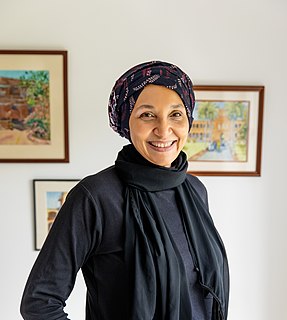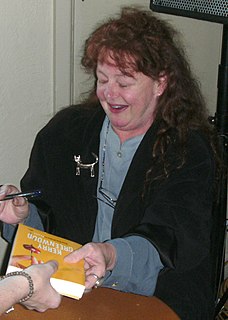A Quote by Stephen Gardiner
The Egyptian contribution to architecture was more concerned with remembering the dead than the living.
Quote Topics
Related Quotes
I did some research on this a couple years ago," Augustus continued. "I was wondering if everybody could be remembered. Like, if we got organized, and assigned a certain number of corpses to each living person, would there be enough living people to remember all the dead people?" "And are there?" "Sure, anyone can name fourteen dead people. But we're disorganized mourners, so a lot of people end up remembering Shakespeare and no one ends up remembering the person he wrote Sonnet Fifty-five about
Tradition is the living faith of the dead; traditionalism is the dead faith of the living. Tradition lives in conversation with the past, while remembering where we are and when we are and that it is we who have to decide. Traditionalism supposes that nothing should ever be done for the first time, so all that is needed to solve any problem is to arrive at the supposedly unanimous testimony of this homogenized tradition.
Sometimes among our more sophisticated, self-styled intellectuals--and I say self-styled advisedly; the real intellectual I am notsure would ever feel this way--some of them are more concerned with appearance than they are with achievement. They are more concerned with style then they are with mortar, brick and concrete. They are more concerned with trivia and the superficial than they are with the things that have really built America.
And they need not cause you grief. As my Highland grandmother said-and she had the Sight-Tis not the dead ye have to be concerned about! Beware of the Living! And she was a wise woman. The dead are beyond your help or mine, poor things. But the living need us. Thirty souls at the least, Phryne, are still on that island to praise God who might now be angels-or devils.








































